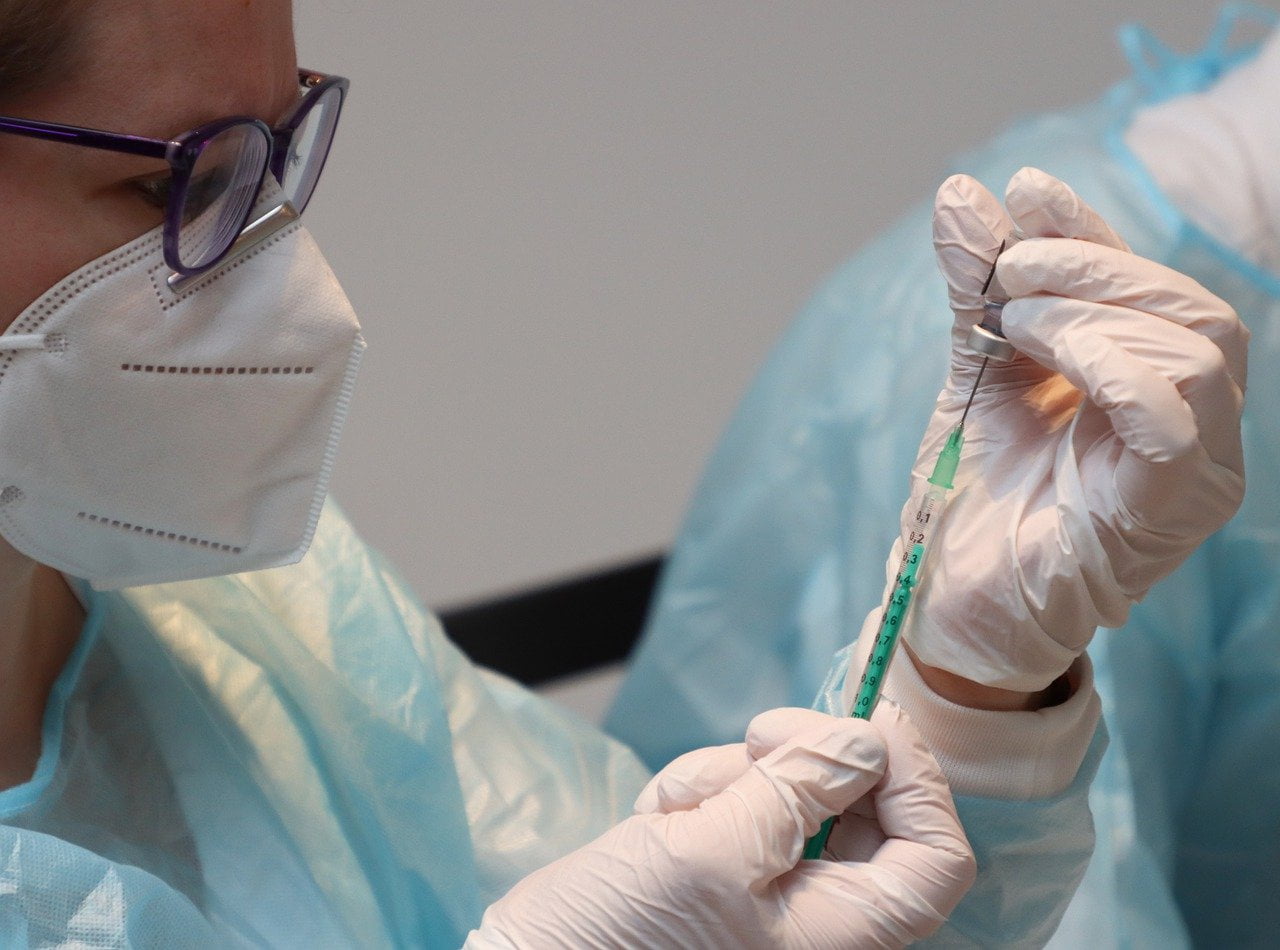The question of the possibility of dismissal based on refusal of preventive vaccination is heard in the media and on blogs. We decided to check if this is really possible.
In particular, education workers directed a similar request to the Ministry of Labor, and healthcare workers reportedthat if they refuse vaccination, they are asked to write a letter of resignation of their own free will.
Vaccination is divided into preventive according to the calendar and epidemiological according to indications. To the first group in Russia applies 12 vaccines: against hepatitis B, diphtheria, whooping cough, measles, rubella, polio, tetanus, tuberculosis, mumps, Haemophilus influenzae, pneumococcal infection and influenza. TO epidemiological include vaccinations against tick-borne encephalitis, tularemia, plague, anthrax, rabies, cholera and several other diseases. This same group now includes vaccination against coronavirus.
And although vaccination is in our country voluntary, that is, parents can refuse to vaccinate their minor child and an adult can refuse any vaccinations; there are areas of activity in which they will not be allowed to work without all the necessary vaccinations. List of such works installed legislatively and includes agricultural work in epidemically disadvantaged areas, work with animals (livestock farming, catching strays and slaughtering patients), work with patients with infectious diseases, with blood and biological fluids, as well as employment in the field of education. The Federal Law “On Immunoprophylaxis of Infectious Diseases” provides for the possibility for an employer to refuse to hire or suspend without pay an already hired employee from positions included in the above list if vaccination is not completed on time. Further refusal of vaccination, if this is a condition of admission to work, Maybe be considered a disciplinary offense and entail entail a reprimand or reprimand. Two reprimands, according to Labor Code, give the employer the right to dismiss an employee for repeated failure to fulfill duties in the presence of a disciplinary sanction. Thus, it is absolutely legal to fire, for example, a teacher or laboratory assistant in case of refusal of vaccination or revaccination against measles or diphtheria.

In law listed categories of citizens for whom vaccinations included in the calendar of preventive vaccinations for epidemic indications are mandatory. The list of such categories for coronavirus is as wide as possible: the first level priority includes employees in the education and healthcare sectors, as well as social service specialists and MFC workers. The second and third groups also contain a fairly wide list of specialties: police officers, customs officers, civil servants, military personnel, rotation workers, etc. However, this list is valid starts only after a decision by the chief state sanitary doctors of the regions and their deputies in the event of a worsening of the epidemiological situation. Thus, the entire legal basis for the suspension or dismissal of workers in certain areas in case of refusal to vaccinate has been prepared.
The first legislative attempt to make vaccination mandatory was made in Yakutia. May 19, chief sanitary doctor of the region Margarita Ignatieva released a decree according to which at least 70% of the adult population of the republic must be vaccinated, including “people over 60 years of age, people with chronic diseases, health workers, employees of the educational and social spheres, workers employed in industry, energy, construction and housing and communal services, law enforcement officers.” However, after a wave of discussion on social networks, the word “mandatory” in the resolution changed to "massive".
Also, a little over a month ago, a bill was introduced to the State Duma amending the Federal Law “On Immunoprophylaxis of Infectious Diseases,” deputies offer transfer vaccinations against coronavirus from the calendar of preventive vaccinations for epidemic indications to the national calendar of preventive vaccinations. If the initiative is adopted, employees on the specified list will be required to be vaccinated against COVID-19 in order to be allowed to work. Also the Ministry of Health is now is considering the possibility of refusing preventive vaccinations for those employees of these areas who will work remotely during the epidemic. However, today this is not legally enshrined.
The current position of the Russian Federation regarding vaccination coincides with the point of view of many countries in which vaccination against coronavirus is also voluntary. However, there are exceptions. In particular, in the Vatican there was accepted a decree according to which an employee who refuses to be vaccinated against coronavirus will be subject to various sanctions, including “severance of labor relations.” The laws of many US states also provides the possibility of dismissing an employee due to refusal to vaccinate. However, no judicial precedents have yet appeared. Employers in Israel are also faced with a difficult situation: by law they cannot yet fire an employee who refuses to be vaccinated, however take risks face trial if an unvaccinated employee infects his colleagues in the workplace.
To date, in Russia there is not a single case of dismissal for refusing vaccination against coronavirus, but in the world there is a similar precedent already there. In Germany, the director of the patronage service got vaccinated himself and gave his employees two days to decide whether to vaccinate. He eventually fired those who refused, citing the fact that he did it to protect the wards of the service. One of the employees reported that she was going to sue her employer, but there was no further news about this in the press.
Thus, today in Russia it is possible to legally fire employees of certain enterprises for refusing to be vaccinated according to the national vaccination calendar. However, coronavirus is not yet included in it. At the same time, decisions of regional authorities may make vaccination necessary to continue working at any time if the epidemiological situation worsens.
Update dated June 25, 2021: June 16 Rospotrebnadzor published a document signed the day before by the chief sanitary doctor of Moscow, Elena Andreeva, “On carrying out preventive vaccinations for certain groups of citizens according to epidemic indications.” According to it, it is necessary to ensure that at least 60% of workers in the areas of trade, services, public catering, multifunctional centers, education, healthcare and other industries listed in the document are vaccinated against COVID-19. A similar deployment following Moscow released Chief Sanitary Doctor for the Moscow Region Olga Mikailova. Later initiative supported another 46 regions.

Mostly true
Read on the topic:
- A. Paevsky, A. Khoruzhaya “Here is cholera! History of diseases from syphilis to leprosy"
- Paul Offit: A Deadly Choice. How the fight against vaccinations threatens us all" (fragment)
- “To prick or not to prick: Why vaccinations are needed and when to do them”
If you find a spelling or grammatical error, please let us know by highlighting the error text and clicking Ctrl+Enter.






